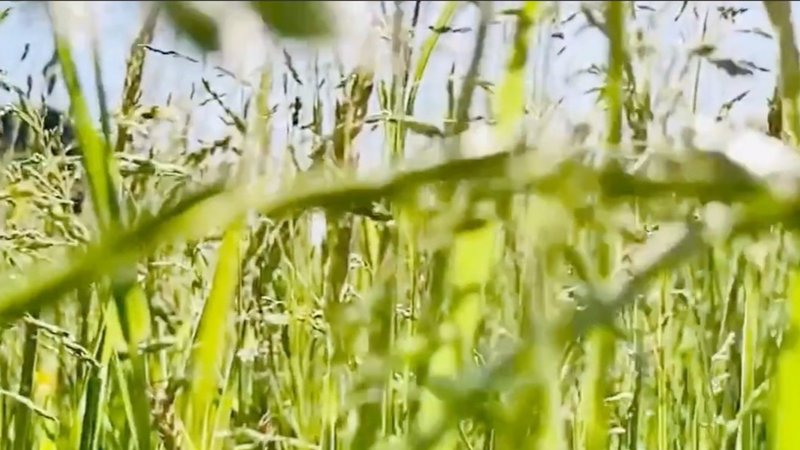Sustainability with a system
Stannol has set itself the goal of continuously improving its own contribution to environmental protection. We are therefore constantly working on our efforts not only in the area of products, but also throughout our business operations.
We have created our own platform for our sustainable activities: our "World of Stannol". There you will find information and videos about our commitment to environmental protection and sustainability. You are welcome to take a look and find out more about our projects:
You can find an overview of our most important activities in recent years in the timeline below.
Stannol receives Efficiency Award NRW 2023

Stannol has been honoured with the Efficiency Award NRW 2023 for its more sustainable greenconnect product line and its overall sustainable concept.
Stannol wins Climate Prize of the Key Region

We are delighted that the Velbert/Heiligenhaus key region has honoured us with the Climate Prize 2024!
Carbon Footprint 2023
For our carbon footprint, all German sites (Velbert, Schrobenhausen and Wülfrath) are considered in terms of their emissions from vehicle fleet, gas and oil consumption as well as electricity. Compared to 2019, we were able to save around 90 percent of these emissions through targeted measures. We compensated the remaining emissions through a climate protection contribution. This went to the non-profit organisation atmosfair, which uses the contribution to support three climate protection projects in Nigeria, India and Kenya.

Environmental Management according to ISO 14001
Stannol has been certified according to ISO 14001 – the globally applied standard for an operational environmental management system – since 2015. With this, Stannol pursues the goal of a responsible use of natural resources. Efficient use of energy and raw materials, waste minimisation and targeted risk prevention – all this is part of environmental management according to ISO 14001.
Environmental Protection
June 2024
Stannol voluntarily agrees to comply with the Science-Based Targets Initiative (SBTi) target agreement, which stipulates a 46 percent reduction in emissions by 2030.
May 2024

An unused 1,000 square metre area of Stannol's outdoor premises is being transformed into a large garden, including an outdoor meeting room. The company is also honoured with the Climate Prize 2024 from Schlüsselregion Velbert e. V.
February 2024

Stannol reports the Product Carbon Footprint for all of its own products.
December 2023

Stannol is honoured with the NRW 2023 Efficiency Award for its more sustainable greenconnect product line and its overall sustainable orientation.
July 2023
Stannol is the first company in the soldering industry to publish a voluntary Sustainability Declaration in accordance with the German Sustainability Code (DNK) in German and English language.
February to June 2023

Various energy efficiency measures are implemented: Insulation of the central heating pipes, upgrading of the melting pots to reduce heat loss and save electricity as well as insulation of the roller shutters.
December 2022

Stannol publishes a detailed Sustainability Report for the first time for the year 2021.
December 2021
Change of flux production to exclusively bio-ethanol.
November 2020

An infrastructure for charging electric vehicles is established at our Velbert site. The first leased vehicle is replaced by an electric vehicle.
March 2020
Stannol publishes the first Scope 1 and 2 Climate Assessment for 2019. Job bikes are provided for our employees.
January 2020

The Velbert site switches to green electricity.
December 2019

Our solder wire reels are replaced by reels made of one hundred percent recycled plastic.
November 2019

Our sustainable product line greenconnect is introduced.
2016

Start of our Fairtin project: Cooperation with suppliers/mines that mine tin exclusively under fair conditions.
July 2015

Stannol for the first time receives the ISO 14001 environmental certification.
July 2014

Stannol launches a solder wire with Fairlötet e.V. that is produced without human exploitation and environmental destruction in emerging countries.
